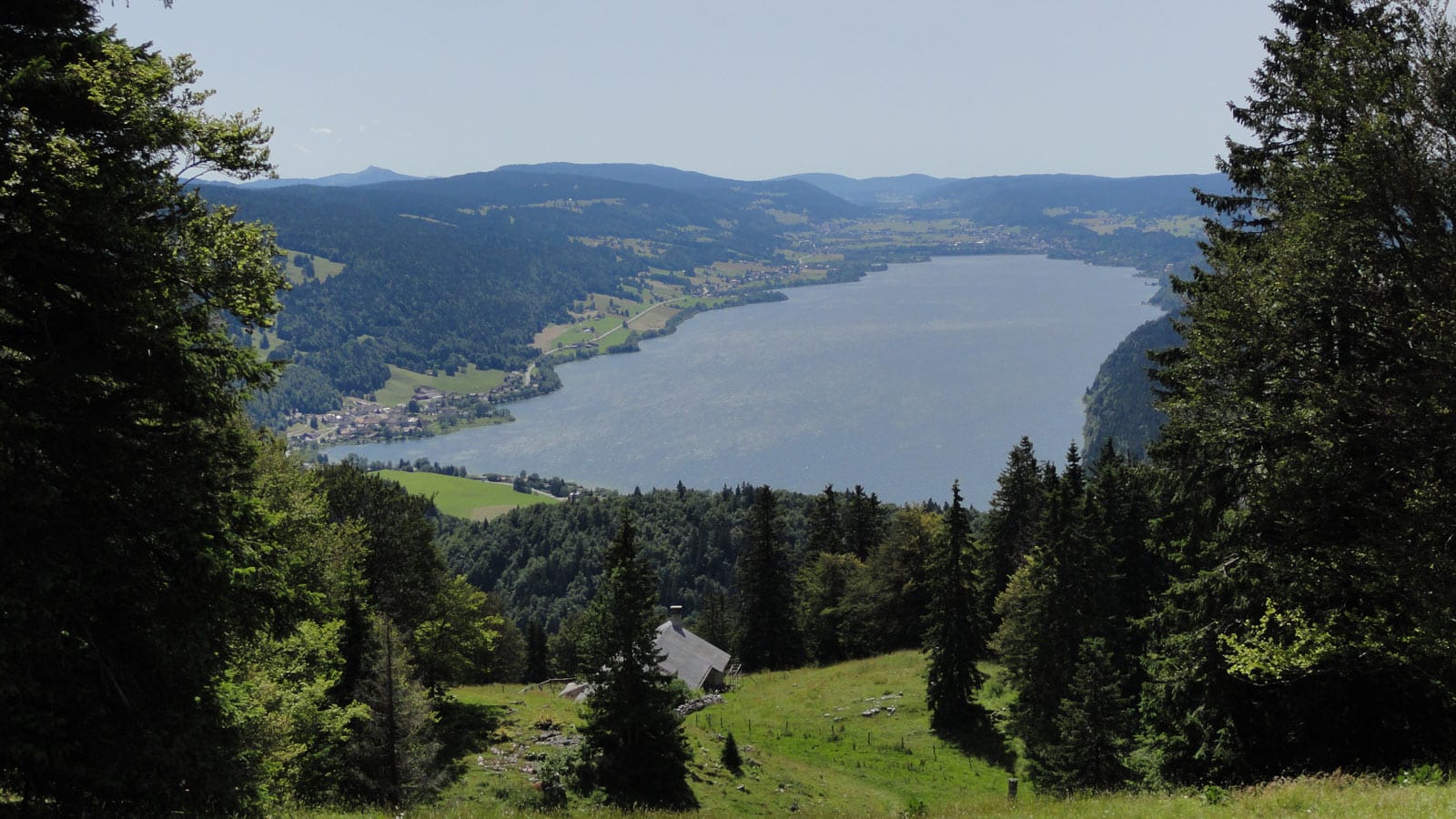The acquisition of city freedoms outside the Vallée de Joux gives only a very imperfect view of the migrations of the Meylan family. This is because the great majority of Meylans retained their freedoms of the villages of the district of Combiers – principally le Lieu and le Chenit – where the family’s origins are to be found. There are two reasons for this: the Meylans, and the people of the Vallee in general, are extremely proud of their origins in the Vallée de Joux and proud to be part of this ethnic group.
A glance at the list of freedoms acquired by the Meylans shows two principle waves of emigration, which were essentially caused by the economic conditions reigning in the Vallée de Joux before and after the expansion of the watchmaking industry.
The first wave could be called ‘agricultural’: it was caused by the scarcity of agricultural resources and was limited to the Canton of Vaud, the emigrants seeking larger, more fertile lands. This wave began as early as the 16th century and continued until the 18th, at which time the Vallée numbered some 5,000 inhabitants, excluding the numerous immigrants.
Those who left the Vallée were generally happy to retain the freedom of the Vallée.
In the 18th century, the first Meylan to take up residence in Vevey proved an exception to this agricultural tendency: he was a solicitor. A second family bought the freedom of Vevey 65 years later. Despite this, the large majority of the Vevey Meylans remain freemen of the Vallée.
The 20th century saw the Meylans establish themselves in Geneva, watchmaking giving way to the liberal professions.

